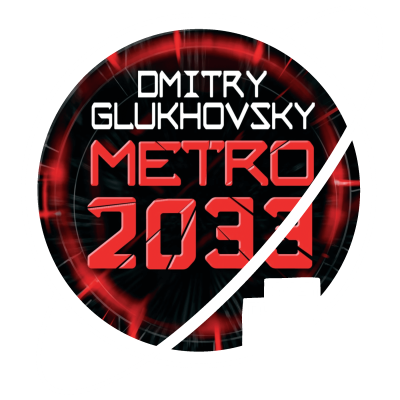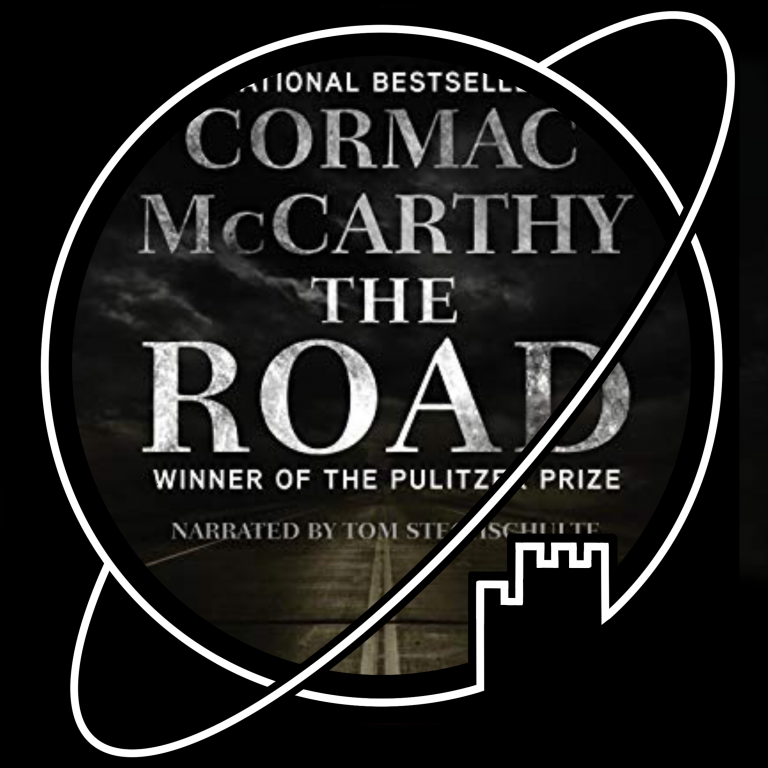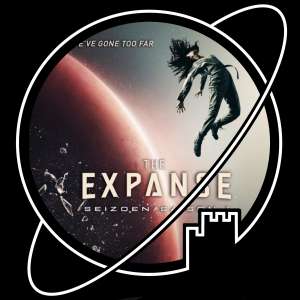- Book written by Dmitry Glukhovsky
- Translated by Natasha Randall
- Published 2002 in Russia; 18 March 2010 in translation
- Part 1 in the Metro trilogy


I picked up this book because it was on one of those ‘pick two for 10 euros’ piles at a local bookstore, and I once started the video game and figured that the setting was really neat. I regretted buying more books I wasn’t going to read, ever, immediately after, but well. I then left it on a bookshelf for over a year until I randomly picked it up and BOIII I was not prepared for it being actually good!
Metro 2033 is a pretty weird book. It tells the story of Artyom, a young man from one of the outlying stations in the Moscow metro – which is home to the last survivors of the human race after a devastating nuclear war wiped all human life off the surface. His home station is threatened by attacks from mutated ‘dark ones’ coming from the irradiated surface, and Artyom has to travel to the centre of the metro to find help to save his home and potentially, the entire metro. This results in an Odyssey through the entirety of the underground system, leading him past fascists stations and communist stations, religious communities and anarchist strongholds, alongside old men and innocent children, scared traders and scarred veterans – to cover a distance of…10 kilometers. Yes.
Glukhovsky recreated the world in the microcosm of the Moscow metro, and bizarre as that premise is, I never once lost my suspension of disbelief. In fact, as I got further into the book, got more and more invested and really curious about how a system like this could work. And as bizarre as the premise is, and even though some situations Artyom ends up in are undeniably hilarious, Glukhovsky bringing it home with perfect sincerity means that Metro 2033 is both fun and terrifying, both grimdark and surprisingly light.
Now, Metro 2033 took me some time to get into. A lot of Artyom’s more interesting adventures start happening past the half-way point of the book, when the world is well-established. It is part of why Glukhovsky manages to stretch the suspension of disbelief so far so comfortably. But it also means that the pacing is a bit slow at the beginning. It takes a while before Artyom’s journey takes him to the really interesting places and the plot grows beyond the simple ‘get from A to B and please don’t die’.
Perhaps part of that is the prose style: I read in translation, and English and Russian have really different sentence structures (mostly, Russian has really long sentences by comparison. In fact, I find that Russian translates to Dutch more comfortably). But that means Metro 2033 is not the easiest read you’ll pick up. But it is worth it! In a way, it adds to the otherworldly feel of the metro.
And that feel, again, is a lot of what makes the book great. It is very Russian. It is atmospheric. It is terrifying. It really feels like an epic adventure even if most of the metro stations are no more than a leisurely walk apart. The fact that Glukhovsky makes it work, means that it should be a classic. Metro 2033 deserves to be wider known and read, and not only to be known as a video game.
Though talking about that video game… I might have to give that another shot…















